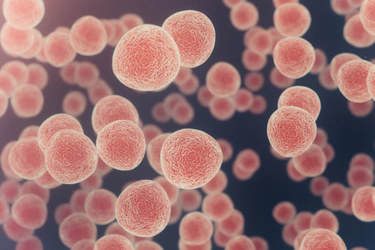Cell Culture Automation Of The 3D Cancer Spheroid Assay With The CellXpress.ai Cell Culture System
By Oksana Sirenko, Angeline Lim, Astrid Michlmayr, Emilie Keidel, Felix Spira, Krishna Macha, and Cathy Olsen, Molecular Devices

This content is brought to you by Molecular Devices, a Danaher Operating Company.
The discovery of effective anti-cancer drugs and drug combinations is essential for successful cancer therapy. Consequently, there is an urgent need to develop efficient methods for testing drug efficacy to identify new therapeutic targets. Three-dimensional (3D) cancer cell models, such as tumoroids, are highly valuable in cancer research and drug development because they closely mimic the structure and behavior of actual tumors. However, manual 3D cell culture workflows are often time-consuming, prone to errors, and inconsistent, which makes their use in high-throughput drug screening challenging.
To address these issues and streamline the spheroid assay process, we have developed automated 3D cell culture methods using the CellXpress.ai™ Automated Cell Culture System. This system automates various tasks, including plating, passaging, media exchange, organoid monitoring in response to compound treatment, and endpoint assays. In this study, we detail the automation of a colorectal cell culture workflow.
Discover how this automation not only enhances the efficiency and consistency of the workflow but also significantly reduces the time and effort required for high-throughput drug screening, thereby accelerating the discovery of new anti-cancer therapies.
Get unlimited access to:
Enter your credentials below to log in. Not yet a member of Pharmaceutical Online? Subscribe today.
